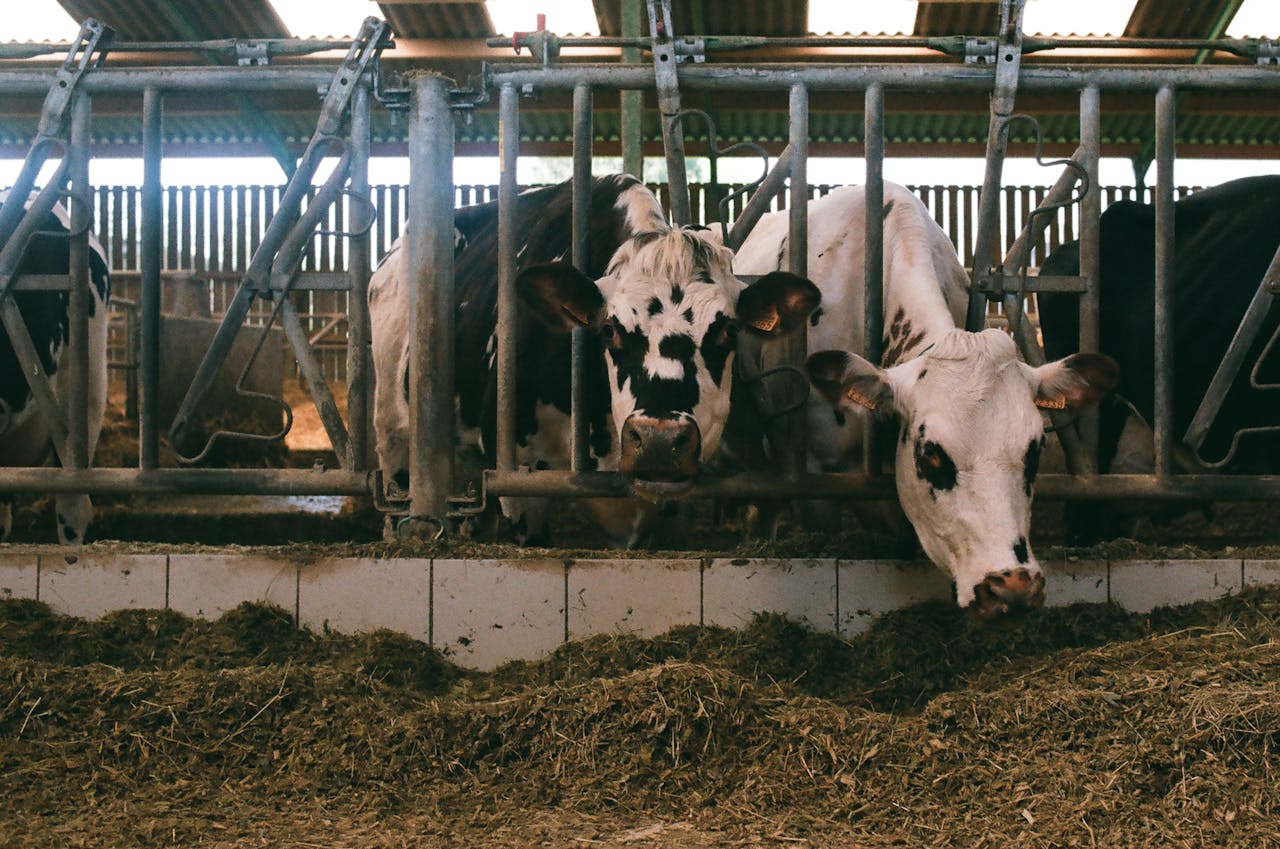The European Commission plans to postpone the EU Deforestation Regulation (EUDR) by another year, marking the second delay since its introduction. The move comes as the central IT system struggles to handle data and companies push back against complex compliance requirements. Commissioner Jessika Roswall says the extra time will help simplify the rules and ensure smoother implementation.
The European Union Deforestation Regulation aims to effectively ban deforestation-linked products on the EU market, and establishes strong compliance requirements for companies providing or utilising commodities such as soy, palm oil, beef, timber, coffee, cocoa or rubber.
In a letter to MEPs, European Environment Commissioner Jessika Roswall says a further delay is necessary because the central IT system could not handle the expected volume of data. “Based on the available information, the Commission’s assessment is that this will very likely lead to the system slowing down to unacceptable levels or even to repeated and long-lasting disruptions, which would negatively impact companies and their possibilities to comply with the EUDR. Operators would be unable to register as economic operators, introduce their Due Diligence Statements, retrieve the necessary information from the IT system, or provide the necessary information for customs purposes where relevant. This would severely impact the achievement of the objectives of EUDR, but also potentially affect trade flows in the areas covered by the legislation.”
The system could slow down or break, severely affecting EUDR compliance and trade.”
– Jessika Roswall
Are the rules too complicated?
Roswall also wants to use the time to further simplify the regulations. Since the plans were first introduced in 2021, a large number of organisations, including Fefac, have been complaining that the rules are too complicated for the companies or individuals that are supposed to comply to the EUDR.
Earlier, Fefac wrote: “Our concerns about the Regulation’s practical applicability, its lack of proportionality, the substantial administrative burden it imposes and the legal uncertainties and diversion of commodity flows that are likely to be generated. In view of these concerns about the EUDR’s proportionality, we stress the urgent need for a more targeted, risk-based, and practicable implementation of the EUDR, going beyond what is provided by the current Regulation.”
Traders and importers
Importers and traders of soy, among other things, have been preparing for some time to meet the EUDR requirements on time, All About Feed wrote earlier. As with other commodities, the soy supply chain is very efficiently organised and the EUDR has the consequence that it must be set up segregated, i.e., in separate flows.
Martine Boon, managing director of GMP+ International, added: “EUDR’s substance will almost certainly not change; traders and operators importing or exporting products like soy and palm oil into the EU must provide a Due Diligence statement for every batch, detailing the exact origin of products, declaring that it has not contributed to deforestation or forest degradation, and with negligible risk of non-compliance.”


